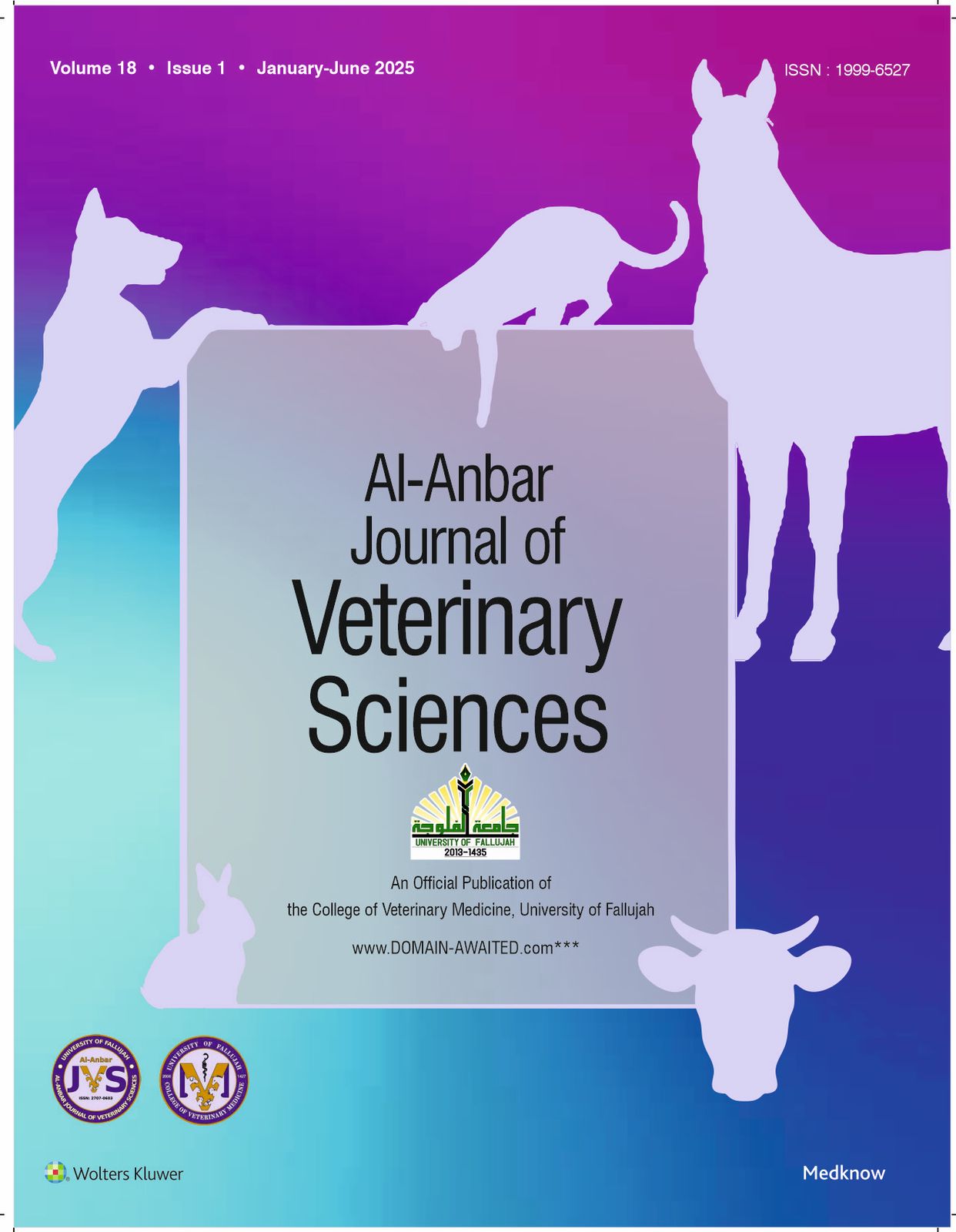Abstract
The methanolic extract of Ceratonia siliqua fruit was evaluated for its antidiarrhoeal potential activity in mice and rats. The methanolic extract of the fruit of this plant, at graded dose (250 and 500 mg/kg BW, p.o) was investigated by using three experimentally- induced diarrhea models, in order to understand the mechanism of its antidiarrhoeal activity.
Models and castor oil- induced diarrhoea in mice, magnesium sulphate- induced diarrhea in mice, Charcoal meal test in mice and castor oil- induced enteropooling in rats. The extract at both doses showed a remarkable anti diarrhoeal activity evidenced by significant delay (P<0.01) in onset of diarrhea, decrease (P<0.01) in number of wet stools, total number of stools and total weight of fecal output in 4 hour in both the castor oil and magnesium sulphate models in mice. The extract also significantly (P<0.01) increased the intestinal transit time in characoal meal test in mice when compared to atropine sulphate (0.1 mg/kg BW, i.p). It also significantly (P<0.01) inhibited castor oil- induced enteropooling in rats compared to that of atropine sulphate standard drug, at dose of 3 mg/kg BW, i.p.
The results of this study revealed that the methanolic extract of Ceratonia siliqua fruit contains pharmacologically active substance (s) with antidiarrhoeal properties. These properties may explain the rational for the effective use of the plant as antidiarrhoeal agent in traditional medicine. Further studies, however, are necessary to isolate and identify the active ingredients of Ceratonia siliqua fruit and their exact mode of action.
Models and castor oil- induced diarrhoea in mice, magnesium sulphate- induced diarrhea in mice, Charcoal meal test in mice and castor oil- induced enteropooling in rats. The extract at both doses showed a remarkable anti diarrhoeal activity evidenced by significant delay (P<0.01) in onset of diarrhea, decrease (P<0.01) in number of wet stools, total number of stools and total weight of fecal output in 4 hour in both the castor oil and magnesium sulphate models in mice. The extract also significantly (P<0.01) increased the intestinal transit time in characoal meal test in mice when compared to atropine sulphate (0.1 mg/kg BW, i.p). It also significantly (P<0.01) inhibited castor oil- induced enteropooling in rats compared to that of atropine sulphate standard drug, at dose of 3 mg/kg BW, i.p.
The results of this study revealed that the methanolic extract of Ceratonia siliqua fruit contains pharmacologically active substance (s) with antidiarrhoeal properties. These properties may explain the rational for the effective use of the plant as antidiarrhoeal agent in traditional medicine. Further studies, however, are necessary to isolate and identify the active ingredients of Ceratonia siliqua fruit and their exact mode of action.
Abstract
تم دراسة التأثير المضاد للإسهال للمستخلص الميثانولي لثمار نبات الخرنوب Certonia siliqua L. في العديد من النماذج التجريبية لدراسة الإسهال في الفئران والجرذان. ان دراسة التأثير المضاد للإسهال لثمار هذا النبات وبجرعتي 250 و 500 ملغم/ كغم من وزن الجسم عن طريق الفم تم من خلال استخدام ثلاث طرق تجريبية لدراسة الإسهال لغرض تحديد آلية فعل المستخلص المضادة للإسهال. تم استخدام اختبار زيت الخروع لإحداث الإسهال في الفئران، اختبار كبريتات المغنيسيوم لإحداث الإسهال في الفئران، اختبار وجبة الفحم في الفئران واختبار زيت الخروع لإحداث زيادة في كمية السوائل في أمعاء الجرذان. أظهر المستخلص وفي كلتا الجرعتين تأثيراً مميزاً مضاداً للإسهال بدا واضحاً من خلال تأخير الوقت اللازم لبدء الإسهال معنوياً (P<0.01)، التقليل بصورة معنوية (P<0.01) في عدد البراز الرطب، العدد الكلي للبراز والوزن الكلي للبراز خلال (4) ساعات في طريقتي استخدام زيت الخروع وكبريتات المغنيسيوم لإحداث الإسهال في الفئران. أظهر المستخلص كذلك وبشكل معنوي (P<0.01) زيادة في الوقت اللازم للانتقال في الأمعاء في فحص وجبة الفحم في الفئران عند مقارنته مع سلفات الاتروبين بجرعة 0.1 ملغم/ كغم من وزن الجسم عند طريق البريتون كما اظهر المستخلص تثبيطاً معنوياً (P<0.01) في زيادة كمية السوائل في أمعاء الجرذان عند مقارنته بسلفات الاتروبين، الدواء القياسي، عند جرعة 3 ملغم/ كغم من وزن الجسم عن طريق البريتون. بينت نتائج هذه الدراسة بأن المستخلص الميثانولي لثمار نبات الخرنوب يحتوي على العديد من المواد الفعالة دوائياً والتي لها تأثيراً مضاداً للإسهال. ان هذه الخواص التي أظهرتها هذه الدراسة تؤيد استخدام نبات الخرنوب في الطب الشعبي لعلاج الإسهال. ان هناك حاجة إلى إجراء دراسات أخرى لغرض عزل وتوصيف المواد الفعالة لثمار الخرنوب وتحديد آلية فعلها بشكل دقيق.
